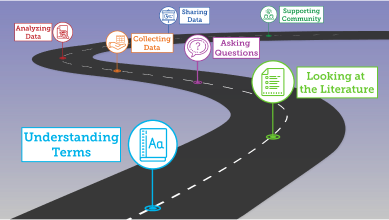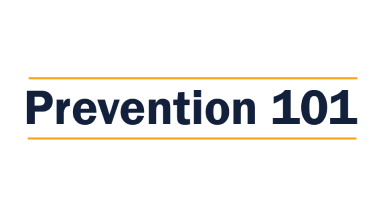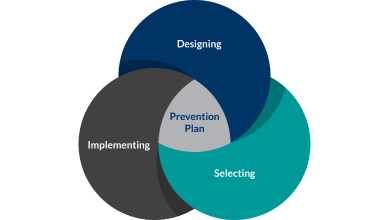Data State of Mind Online
- Home
- / All Categories
- / On-Demand
- / Data State of Mind Online
 |
Being data literate has taken on a whole new meaning with the influx of information you interact with daily. Data has such power and influence when it is applied effectively to address a public or behavioral health issue. This self-paced online training offers practical, easy-to-apply information so that you learn how to question and critique existing data, as well as identify, collect, and analyze data. The objective of this training is to help you bring public and behavioral health data to life so you can become a responsible data citizen, using data to create positive change in the communities where you work. Learning Objectives✓ Module 1: Getting the Concepts Down
✓ Module 2: The Land of Literature
✓ Module 3: Becoming a Data Skeptic
✓ Module 4: Data, Data, Everywhere
✓ Module 5: Working with Data
✓ Module 6: Telling Your Data Story
✓ Module 7: Sustaining Your Data Knowledge
Length of Learning Opportunity2.5 hours Primary CompetencyPublic Health Sciences Skills Development Partner(s)Data State of Mind was created by the Colorado State Epidemiology Workgroup. The creation of this online training was funded by the Colorado Department of Health and Human Services' Office of Behavioral Health.
Enroll now: Data State of Mind
|



